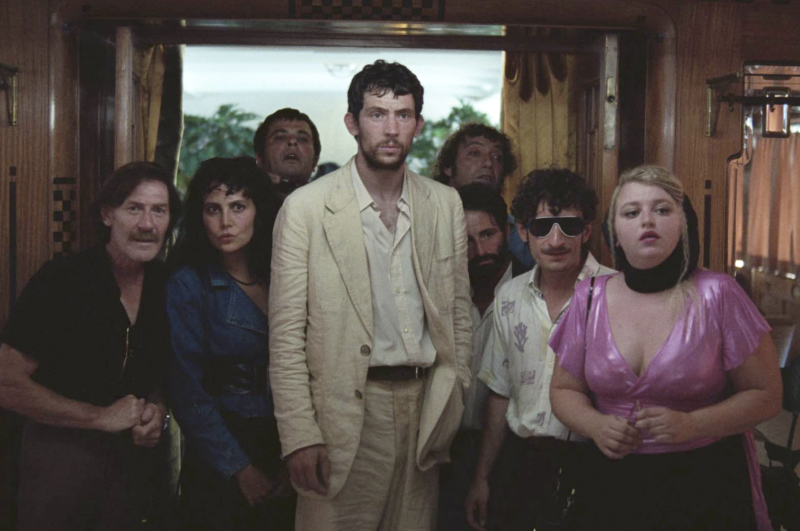When we talk about “movie magic,” the first thing that comes to mind is often something like the bikes achieving liftoff in E.T. But it applies no less to Alice Rohrwacher’s wondrous La Chimera, a grubbily transcendent folk tale of a film that finds its enchantment buried in the ground.
“Were you dreaming?” a train conductor asks the sleeping Arthur (Josh O’Connor), a distant, temperamental Brit in Italy with little more to his name than the rumpled cream-colored linen suit he wears. The answer is yes. Radiant memories of Arthur’s dead lover, Benjamina, haunt his dreams and propel him on a strange quest into the underground tombs of Tuscany.

 ‘La Chimera’ is released in select theaters nationwide on March 29 and opens at San Francisco’s Roxie Theater on April 12, 2024.
‘La Chimera’ is released in select theaters nationwide on March 29 and opens at San Francisco’s Roxie Theater on April 12, 2024. 
